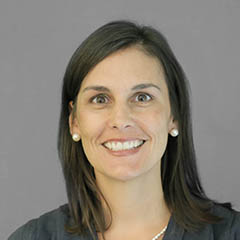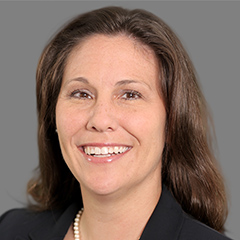Project Overview
To understand the conditions under which teachers use high quality middle school math curricula and create learning environments in which all students can thrive.
To explore whether high quality curricula, supported by high quality professional learning, produces better instructional experiences for students in their math classrooms.
- The University of Delaware
- Teaching Lab
- Houghton-Mifflin-Harcourt
- The Center for Curriculum Analysis
Bill & Melinda Gates Foundation
Mathematica partnered with four school districts with funding from the Bill & Melinda Gates Foundation to examine:
- How professional learning helps teachers implement middle school math curricula and adapt them to their students’ needs.
- How and to what extent math teachers’ adaptations of curricula in the classroom promote culturally and linguistically responsive and rigorous math instruction.
- How curricula, professional learning, and different instructional practices influence middle school students’ academic performance and non-academic outcomes such as their math enjoyment, growth mindset, and math identity.
- How different instructional contexts produce positive math classroom experiences for students, with a particular focus on those who are Black, Latino, multilingual learners, or experiencing poverty.
- How six middle school mathematics curricula vary along dimensions of quality, five of which were rated by EdReports.
Preliminarily, we have examined the efficacy of two middle school math curricula in one district on student performance outcomes, and found few differences. We have also examined the cultural responsiveness of the six math curricula included in the study and found that they provide teachers with very limited content or guidance to employ culturally responsive pedagogical strategies.
Evidence & Insights From This Project

Analyzing Middle School Mathematics Curricula: A Comparative Study Using Three Measurement Tools
This report seeks to understand how six middle school mathematics curricula vary along dimensions of high quality. We define high quality curricula as curricula that are aligned to state or national standards, useable, and supportive of culturally responsive instructional delivery.
Learn MoreRelated Staff

Kristin Hallgren
Director of Foundation and Nonprofit Partnerships, Education and Employment Division
View Bio PageSee Clearly. Act Quickly.
From local to global challenges in health, human services, and international development, we’re here to improve public well-being and make progress together. Learn more about becoming a Mathematica client or partner.
Work With Us





